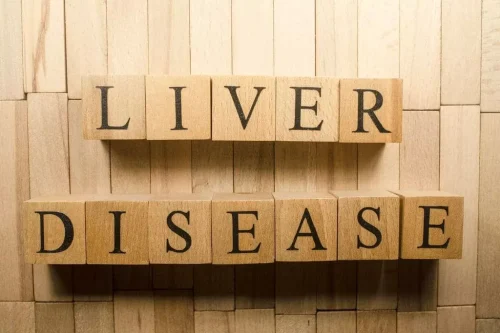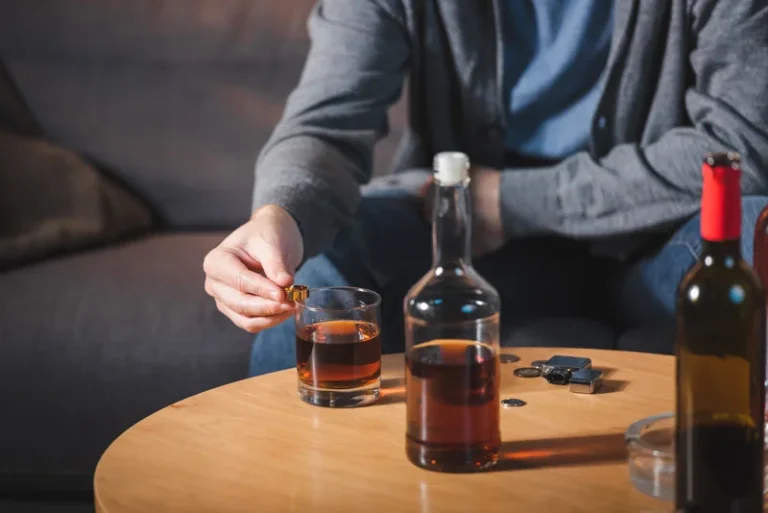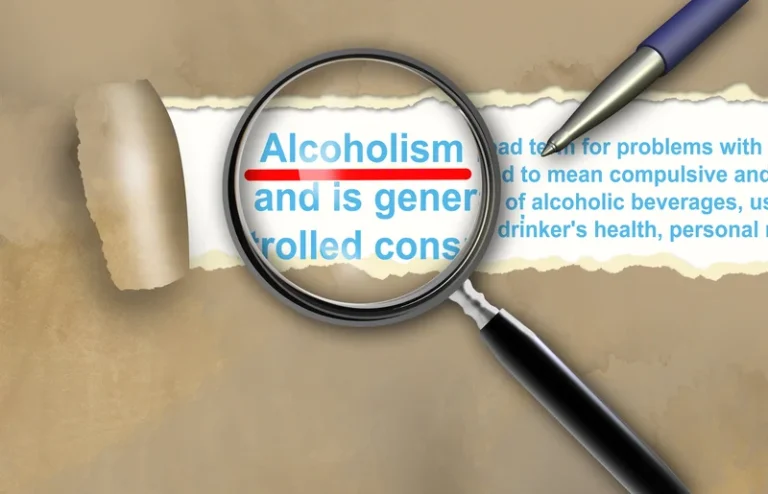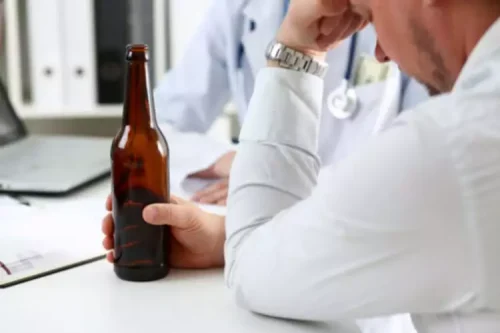Alcohol’s Impact on Depression: Risks and Recovery
Alcohol’s Impact on Depression: Risks and Recovery

Similarly, an alcoholic who experiences repeated panic attacks or other anxiety symptoms requires intervention for the anxiety, regardless of the cause. Alcoholics who experience high levels of anxiety or nervousness, including panic https://ecosoberhouse.com/ attacks, will likely benefit from education and reassurance as well as from behavioral therapies aimed at increasing levels of relaxation. Abusing alcohol while living with mental health conditions is incredibly dangerous.
Strategies for Responsible Drinking
And if you start drinking at an early age, your risk of alcohol use disorder is higher. If you’re being treated for both depression and alcohol abuse at the same time, however, you should be careful about combining antidepressants and alcohol. SSRIs are shown to increase some people’s desire to drink.14 Alcohol can also worsen the side effects of antidepressants, which include dizziness, drowsiness, insomnia, blurred vision, headaches, and more. It can be tempting to drink if you’re feeling unhappy, but there’s a better solution out there. When treating depression and substance abuse, consult with a mental health professional and/or an addiction specialist who can provide resources and recommendations for possible treatment options.

Long-Term Risks of Alcohol Dependence
Examples include pre-existing health conditions, medications you may be taking or other substances you may be using. However, the direct effects of alcohol on your brain may also lead to mental health problems. High levels of depression are especially worthy of concern, because the risk of death by suicide among alcoholics, estimated to be 10 percent or higher, may be most acute during these depressed states. If you experience symptoms of depression for most of the day, every day, for a few weeks, the NHS advises you to contact your GP surgery to get help.
Seeking extra support
These groups offer emotional support, accountability, and guidance in maintaining sobriety. Therefore, it causes symptoms like compulsive behavior and intense cravings. Similarly, men who binge drink are more likely to develop erectile dysfunction than men who don’t.

Cognitive-behavioral therapy (CBT) aims to tackle the underlying issues behind substance abuse. It’s been shown to be clinically effective in treating cases involving depression. Later in the night and the next day, you’ll become deficient in these chemicals.

- Removing alcohol from the equation often equals removing a coping mechanism.
- Alcohol withdrawal leads to decreases in dopamine function.11 If you’re in recovery, and depression is a drinking trigger for you, this can make things especially difficult.
- If you or a loved one needs treatment help for depression and alcohol abuse, reach out to an addiction specialist or contact an addiction specialist.
As discussed above, alcohol temporarily increases levels of “feel-good chemicals” like dopamine and serotonin. The next day, as these neurotransmitters return to their usual levels, you may feel depressed for a day or so. If you don’t drink regularly, your system should return to normal after this. Drinking alcohol temporarily boosts serotonin levels, which can improve your mood in the moment.5 Long-term, however, excess alcohol consumption does the exact opposite. Atypical medications, also referred to as second-generation antipsychotics, have become some of the most prescribed medication to help treat depression. Antipsychotic medications are used in small doses concurrently with other antidepressants to help heighten the effects of the primary medication and increase serotonin levels.

If you’re ready to start your recovery, we’re here to help.
Long term heavy drinking seems to reduce GABA levels in the brain, which research suggests can ultimately make depression worse.7 Decreased GABA levels may also lead to increased anxiety, which can increase feelings of depression as well. Medical alcohol and depression practitioners have discovered that to truly be effective in treating these conditions, they must be treated simultaneously. Treating depression alone does not stop alcohol use from occurring when an alcohol use disorder has developed.
Antidepressants and alcohol: What’s the concern?

- If you begin to notice any unwanted side effects — physical or emotional — while drinking, it may be best to call it a night.
- You might experience one after a few hours of your last drink as your blood alcohol drops.
- “An experienced psychiatrist [or another mental health professional] familiar with mood disorders and the effects of alcohol abuse can be instrumental in recommending appropriate medications and monitoring medication efficacy,” says Kennedy.
- By learning how to manage your alcohol intake, you can avoid feeling depressed after drinking.
- In addition, if you are taking antidepressants, alcohol can have a negative interaction with the drugs and further exacerbate your depression symptoms.



